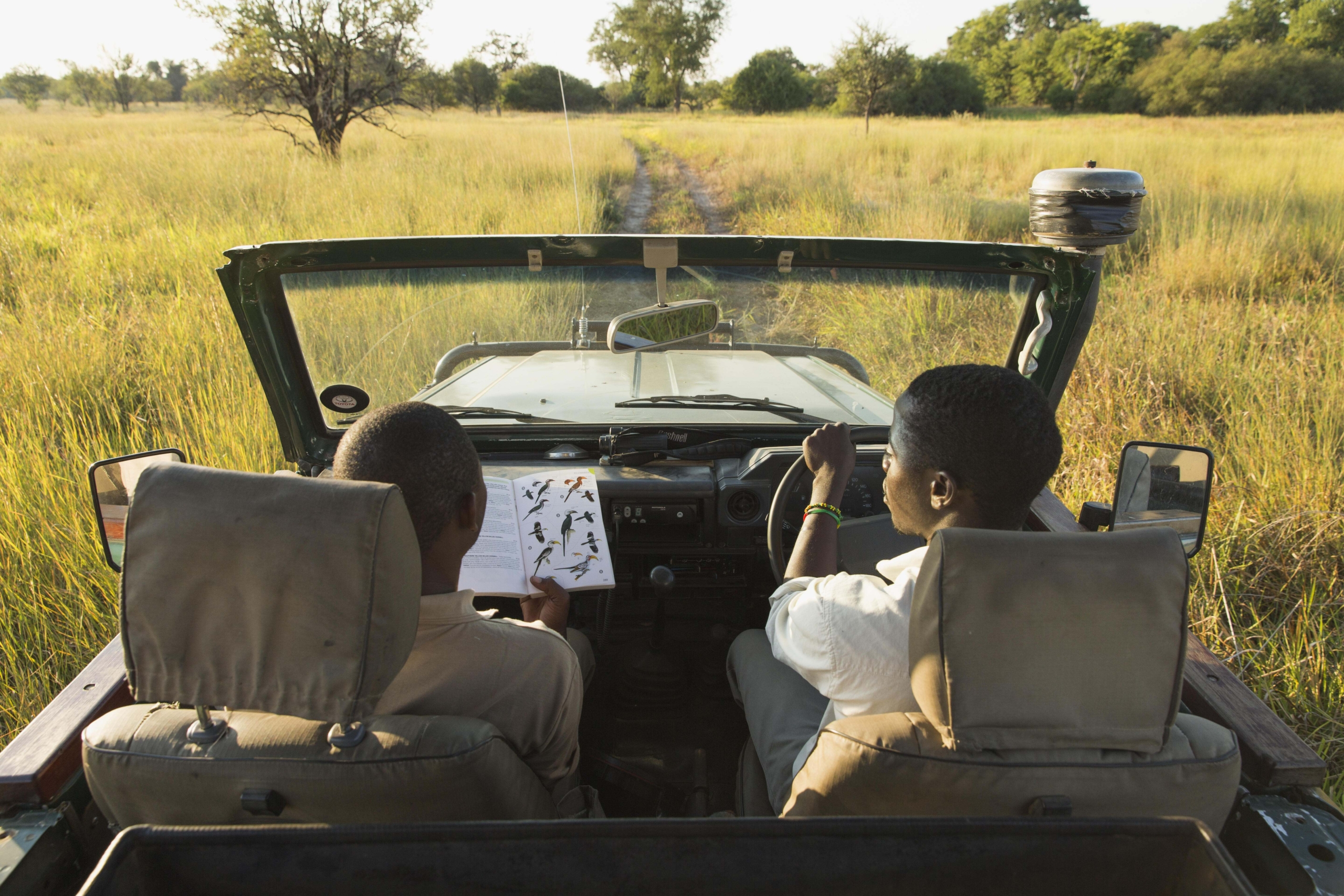Community engagement in conservation is essential to achieve global goals of conserving 30% of the planet by 2030. Many vital sites for conservation impact are home to groups of people experiencing intense inequities due to historical and existing power structures. In the pursuit of these efforts, after early successes, the performance of Community-Based Natural Resource Management (CBNRM) has been disappointing. The under-performance of previous CBNRM models may be caused by incomplete transfer or delegation of power to the community-level, weak models for collective governance and benefit sharing, and weak economic management. This working group seeks to bring together a community of practice from east and southern Africa to address these challenges.
OUR APPROACH: This working group will pool existing evidence to co-develop tools to measure CBNRM impact at a household level (on the metrics of livelihoods, governance and social capital, and wildlife tolerance) and community level (on the metrics of commercial performance and wildlife management) with managers and academics from seven east and southern African countries. Sharing quantitative and qualitative results will create discomfort with the status quo leading to institutional transformation led by pilot initiatives. Improvements achieved by piloting participatory, community-based governance at anchor (comparative) sites will be documented and taken to scale with the support of national CBNRM associations and partners including the Community Leaders Network and Jamma International.

- Develop a community of practice for CBNRM governance and economics in southern and eastern Africa to achieve measurable improvements in the conceptualization, monitoring, and performance of CBNRM at a household level.
- Develop monitoring tools to assess and track CBNRM impact at a household level (i.e. livelihoods; governance and social capital; wildlife tolerance) and community level (commercial and managerial performance). Compare the performance of participatory and representational forms of CBNRM by institutionalizing reporting dashboards in at least five countries.
- Use anchor sites in at least five countries to pilot participatory community-based governance,
- Facilitate scaling of strong practice through the development of training materials, guidelines and standards, and use these to strengthen CBNRM performance through national CBNRM associations and voluntary standards.
University of Florida
Community Leaders Network of Southern Africa
The Nature Conservancy
NACSO Institutional Development Working Group
Jamma International
University of Florida
University of Stellenbosch
NACSO / Namibia Development Trust
University of Florida
The Nature Conservancy
Eduardo Mondlane University
The Nature Conservancy
CBRNM Network
Ministry of Environment, Zimbabwe
The Nature Conservancy
Resource Africa
Wildlife Conservation Society
BioFund, Mozambique
University of Florida
Ngamiland Council of NGOs NCONGO
Wildlife Conservation Society